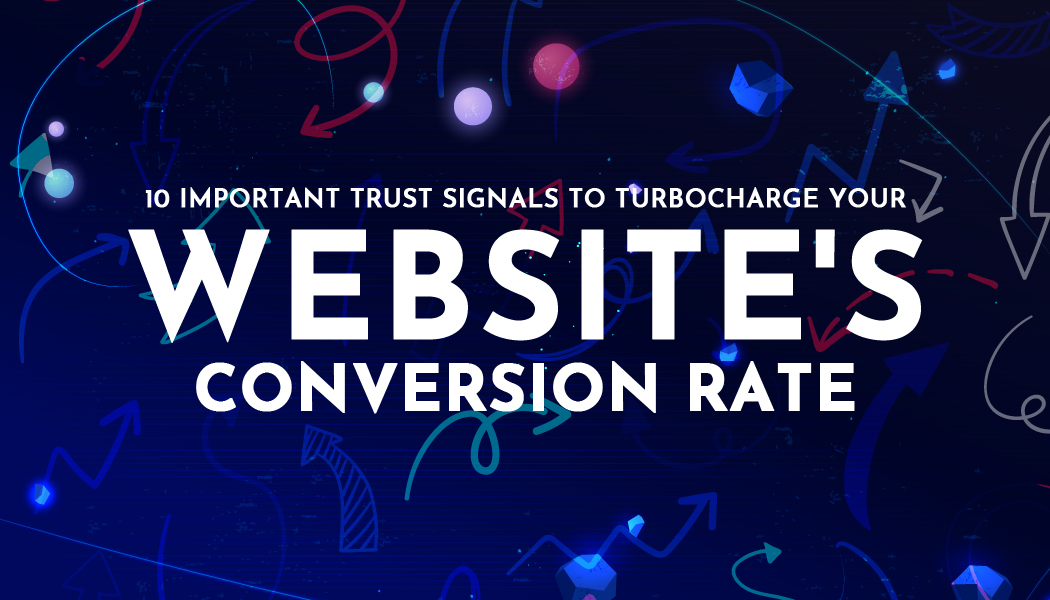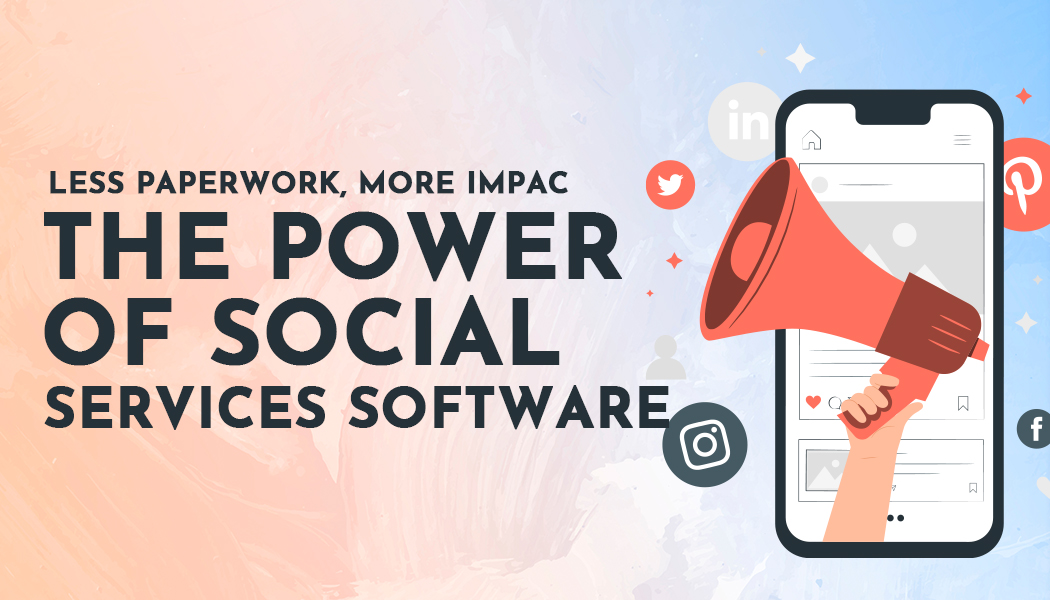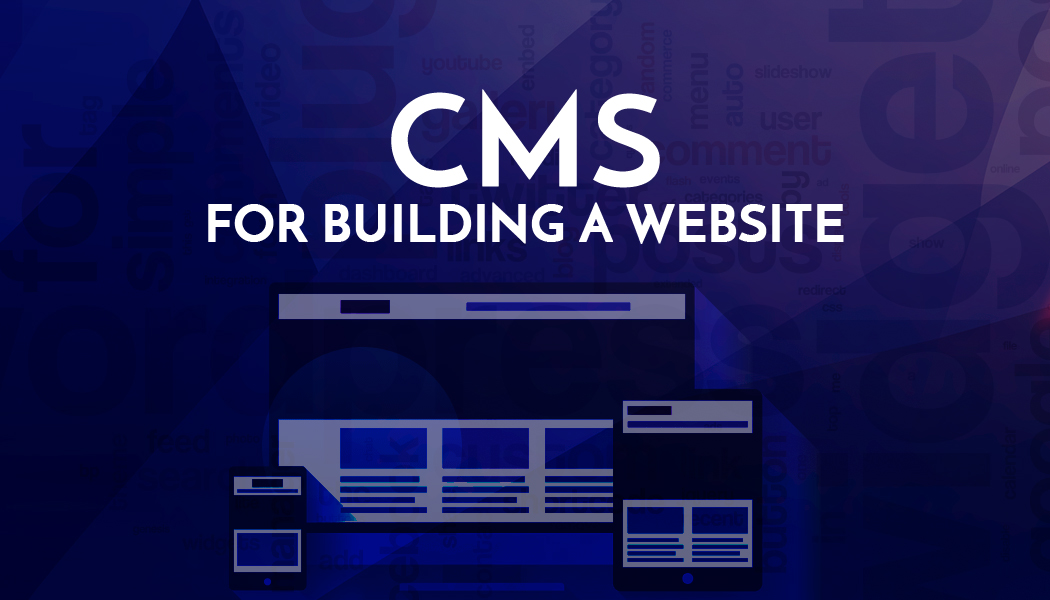10 Important Trust Signals to Turbocharge Your Website's Conversion Rate
Do visitors trust your business's website?
According to a study conducted by the market research firm Taylor Nelson Sofres, over two in threeconsumers will abandon online purchases on untrustworthy websites
It's discouraging when you invest your time and money into building a website, only for it to generatefew or no conversions. You can turbocharge your website's conversion rate, however, by using the 10following trust signals.
1) Professional Web Design
If you're still using a generic theme or template for your website, you should consider investing in professional web design. Research shows three in four consumers gauge a website's credibility based on its design. Using a generic theme or template that's not customized to reflect your business's brand will result in a lower level of credibility and trust. With a professional design, though, you'll project your website as being credible and trustworthy.
2) Branded Domain Name With Well-Known Extension
Your Website’s domain name can influence the degree to which visitors trust it. Websites with a branded domain name, for example, are typically more trusted by consumers than their counterparts with an unbranded domain name. Websites with a well-known domain extension, such as .com or .net, are also more trusted by consumers than websites with a lesser-known domain extension, such as .info or .cc. As a result, you should register and use a branded domain name with a common and well-known extension. Your domain extension can also have a possible effect on your SEO and search rankings.
3) Contact Information
Displaying contact information on your website will make it more trustworthy. Scammers, nefariousmarketers and other operators of illegitimate online businesses are often reluctant to display their contactinformation. After all, they don't want disgruntled customers calling or otherwise contacting them about a purchase. To show visitors your website is legitimate and can be trusted, include your business's name,phone number and email address at the bottom of every page.
4) Privacy Policy Page
Don't forget to create a privacy policy when building your website. According to Statista, over half of allinternet users are more concerned about data breaches and other privacy-related issues than they were ayear ago. A privacy policy page offers a higher level of transparency regarding your website's data-collection and usage practices, resulting in a higher level of trust among visitors.
On your website's privacy policy page, include the following:
- The type of personal data your website collects from visitors.
- How your website collects visitors' personal data.
- How your website uses visitors' personal data.
- How visitors can opt out of your website's data collection and usage practices.
- Safeguards deployed by your website to protect against data breaches.
5) Terms and Conditions Page
In addition to a privacy policy page, you should create a terms and conditions page for your website. Theprimary purpose of a terms and conditions is to protect yourself, as well as your business, from liability. Itcontains all the legal jargon explaining how your website operates. Most visitors won't actually read theterms and conditions page. Nonetheless, they'll have greater trust in your website if it features a terms andconditions page.
6) HTTPS
Another way to make your website more trustworthy is to use Hypertext Transfer Protocol Secure(HTTPS). Powered by the cryptographic protocol Transport Layer Security (TLS), it automaticallyencrypts all data exchanged between your website and its visitors. Web browsers recognize theimportance of HTTPS, which is why they now display a padlock icon in the address bar for all websitesusing this next-generation protocol. Using the less-secure Hypertext Transfer Protocol (HTTP), on theother hand, means visitors will see a "not secure" message in their web browser when navigating yourwebsite.
7) Functional Links
Whether internal or external, all links on your website should function as intended. If a link takes visitorsto a 404 error page -- or any page other than the link's intended destination -- it will hurt your website'scredibility. Visitors expect links to them to the appropriate page, so you need to ensure all your website'slinks are functional. If your website is powered by the content management system (CMS) WordPress,you can use the Broken Link Checker plugin to automatically scan all posts and pages for broken links. Ifyour website uses a different CMS or no CMS, you can scan it for broken links using a web-based tooldeadlinkchecker.com.
8) Customer Reviews or Testimonials
Including customer reviews or testimonials on your website can help you earn visitors' trust. Use a testimonial collection software to make it easy to collect the pictures & star ratings from your customers. Accordingto Search Engine Land, 72 percent of consumers trust them as much as recommendations from a friend orfamily member. Customer reviews and testimonials provide unbiased opinions of your website's productsor services. You can always tout your website as offering the best products or services in its market, butbecause these statements are biased, visitors will perceive them with greater scrutiny.
9) High-Quality Content
High-quality content does more than just boost your website's search rankings; it instills trust in visitorsand, therefore, drives conversions. When visitors encounter a detailed, well-written article or blog post onyour website, they'll view your site as an expert in its market. Not surprisingly, most people trust experts,so high-quality content can help you achieve a more trustworthy website. Just remember to emphasizequality over quantity when creating content.
10) Social Proof
Displaying social proof on your website can make it more trustworthy. If your website has a FacebookPage, perhaps you can include a "follow us" button showing exactly how many users have liked the Page.Whether your Facebook Page has attracted 100 or 10,000 likes, visitors will trust your website more afterseeing this social proof. Of course, you shouldn't limit your website's social proof strictly to a Facebookbutton. For maximum effect, include buttons to all your website's social media profiles.
You can't expect visitors to immediately trust your website. It takes time, as well as hard work, to earntheir trust. Once you've earned visitors' trust, though, you should notice a higher conversion rate with yourwebsite.




